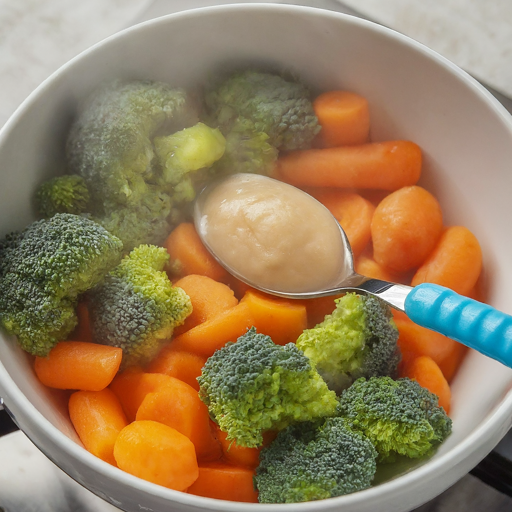Babies are cute, but also delicate and weak. Any kind of foodborne illness can become adverse for the, this is due to their immune systems and digestive tracts not fully developed. That’s why, not only for adults, ensuring a good food safety practices is essential in processing baby food.
Protecting Babies from Serious Health Risks
Why we should, or rather, must, monitor the food hygiene and safety for baby foods? The simple reason is because babies still cannot fight off infections as effectively as adults like us. This means they may get more severe complications from foodborne illnesses.
Moreover, their digestive systems are not mature enough to process foods. This means that they are more susceptible to contaminated food and more susceptible to the consequences like dehydration, malnutrition and also long-term health problems.
Key Food Safety Practices
How to make sure the foods are safe for babies using? Well, we have to make sure that we have food hygiene system and food safety measures in place. Some of them are:
- Handwashing: we have to make sure everyone is complying with handwashing procedures. Make sure everyone handwash properly before preparing, handling or feeding baby food.
- Clean Surface: please ensure that all surfaces, utensils and all equipments used to prepare baby food are thoroughly cleaned and of course sanitized regularly.
- Temperature Control: we should use freezing to prevent bacteria growth on baby food. After freezing, thaw it safely in the refrigerator and using cold running water, or using microwave. And then immediately serve the thawed food. Never let the food in room temperature for a long time as it may become a breeding ground for bacteria.
- Thorough Cooking: avoid raw or and half-cooked food as it can become a source for bacteria infection. Food for babies and children. should always be thoroughly cooked to prevent and eliminate harmful bacteria.
- Cross-Contamination: We should always try to avoid cross contamination between multiple types of food. Do not mix raw meats, poultry, seafood And other ready to eat foods. Also, we should always separate cutting boards and utensils to prevent cross contamination.
- Fresh, High-Quality Produce: Not only washing hands, we also have to wash the produces that we buy. Fruits and vegetables may also contain some traces of but decides that could affect the health of children and babies, that’s why we have to wash it.
- Pasteurized Products: pasteurize the milk, yogurt and thesis to prevent the spread of harmful bacteria. If possible, you can also try to use UHT or Ultra High Temperature processed milk to kill the bacteria even further.
- Honey Caution: We all know that honey is fairly beneficial for human health. However, it is not the case for babies. Their stomach is not ready to digest honey, so we should remove honey from foot option for babies.
Additional tips are always trying to use homemade food compared to commercial baby food. By using homemade baby food, we can have greater control over the ingredients and also. make sure the hygiene is top notch. It also let us to. make more variation in terms of nutrition and the textures of the food. Also, the next thing that you should consider is about the allergens in food. Not only have to be hygienic, food safety also needed to consider the probability of alleged creations from the babies or kids, especially if the family has it. Lastly, if you are unsure about anything, just try to play it safe and avoid giving questionable food to your baby.
By implementing these food hygiene and food safety practices, we are. able to minimize the risk of foodborne illnesses. Also, we will be able to safeguard the health of the baby.


